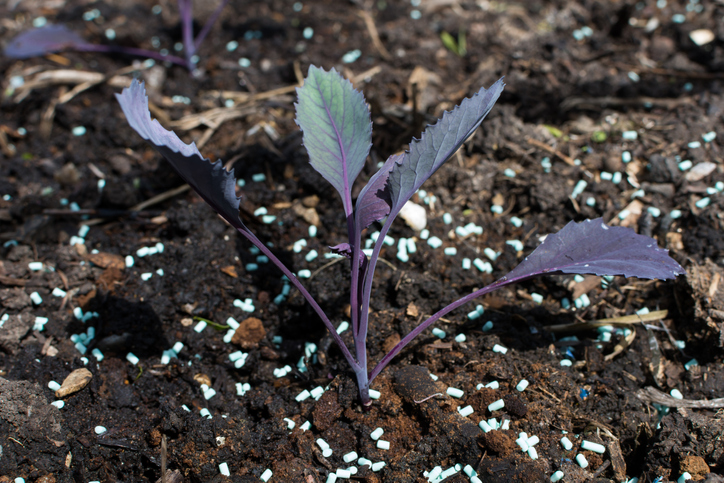Rural property and business update – 28 September
As we recount in this week’s Rural Update, as if it didn’t have enough to deal with regarding Covid-19 and Brexit, the government is under pressure from all sides on its support for agriculture, rural communities and the environment. Slug pellet bans, environmental schemes and rural broadband are just some of the issues getting people hot under the collar.
Andrew Shirley, Head of Rural Research
4 minutes to read
Commodity markets
Wheat prices continued to firm as new data suggested that the UK’s wheat area in 2019 could have been overestimated by 3%. This would cut the predicted carryover of stocks by as much as 600,000 tonnes. With the 2020 harvest one to forget this will increase the reliance on grain imports.
However, prices for November 2021 wheat deliveries (around £155/tonne) are significantly lower than current values as traders expect farmers to plant around 500,000 hectares more wheat this autumn.
Sow prices are sliding in response to the outbreak of African Swine Flu in Germany, which has seen a ban on exports to China and other Asian countries and a subsequent oversupply on European markets.

Rural broadband – Telecoms companies cast doubt on government targets
The bosses of companies such as Openreach have said that the government’s target of connecting all households to superfast broadband within the next five years is looking increasingly unlikely.
"Poor connectivity is one of the biggest gripes of rural businesses and residents, according to our Rural Sentiment Survey, and Boris Johnson’s ambitious announcement in the summer when many people were working from home was widely welcomed."
But, speaking at the Connected Britain virtual conference last week, Clive Selley, Chief Executive of Openreach, called on ministers to give details of a £5 billion fund to connect the UK’s most remote areas.
“I would encourage them to lay out the scheme really quickly because every week that goes by we are a step closer to 2025, and we could be cracking on in rural UK very quickly if the details of the scheme were published,” he told delegates.
Environmental payments – Conservationists lambast new government proposals
Under pressure regarding the lack of detail surrounding the introduction of its flagship post-Brexit Environmental Land Management Scheme (ELMS), the government has surprised the farming industry by announcing an interim environmental support scheme.
"The Sustainable Farming Incentive (SFI) will be introduced from 2022 and is intended to bridge the gap before the full implementation of ELMS in 2024, which will replace the Basic Payment Scheme that is being phased out from 2021."

Full details of the SFI are promised before November, but it is believed to focus on the easy environmental wins such as soil management improvements that can be delivered by all farmers.
Environmentalists, however, say actions like this are normal good practice and shouldn't be funded by the taxpayer.
A letter from a plethora of conservation organisations to Defra Minister George Eustace states: “Without a serious re-think, the SFI risks replacing one subsidy system with another, and diverting otherwise-critical monies from investment in ELM. It is absolutely essential that public money is not spent on paying farmers for “deadweight” actions that they ought to be doing anyway, such as proper nutrient management.”
https://www.wcl.org.uk/government%E2%80%99s-new-farm-funding-scheme-puts-environmental-ambitions-for-agriculture-at-risk.asp
They say the easy-to-do actions under the SFI will divert taxpayers' cash from bigger landscape-scale changes such as re-wilding under the more ambitious ELMS.
Rural business grants – Government tardiness slated
EU support for farmers via the controversial Common Agricultural Policy (CAP) is well publicised. Less well known perhaps are the bloc’s broader rural development schemes delivered through programmes such as Leader grants in the UK.
The Conservative government pledged in its manifesto to replace them with a new UK Shared Prosperity Fund due to be rolled out from April 2021.
However, as reported in Farmers Weekly, there has been no consultation as yet over the proposed scheme’s details. This has led to warnings of a funding vacuum that could hit rural businesses already suffering from the impact of the Covid-19 pandemic.
Crop protection – Slug pellets on the way out
After as short reprieve following a manufacturer’s legal challenge, sales of the slug-killing-chemical metaldehyde are set to be banned from 2022 to help protect wildlife. The chemical will be phased out over the next 18 months.
"The NFU has complained that UK growers will be at a disadvantage because pellets containing the chemical will still be available for farmers in many EU countries."

Climate change and a series of chemical bans are making it increasingly harder for farmers in the UK to combat a growing number of pests. In the word of a farming friend this year’s oil seed rape crop was a “disaster”.
Some growers are questioning the viability of this important break crop without the ability to use banned neonicotinoid-based chemicals, but worry about the economics of alternatives such as peas and beans.
Covid-19 assistance – VAT boost for rural hospitality sector
Rural property owners with hospitality and tourism businesses are set to benefit from an extension of the cut in VAT from 20% to 5% until 31 march 2021. The measure was announced by Chancellor Rishi Sunak as part of his economic package to mitigate the impact of the virus last week.
"“The CLA has been lobbying intensively for the VAT cut to be made permanent by the government,” said CLA President Mark Bridgeman. “This extension will help the sector’s recovery from the first wave, and help weather the storm of the second.”"
Despite the move, many businesses look set to struggle throughout the autumn and tighter movement restrictions start to bite.
Main photo by Ian Cylkowski on Unsplash